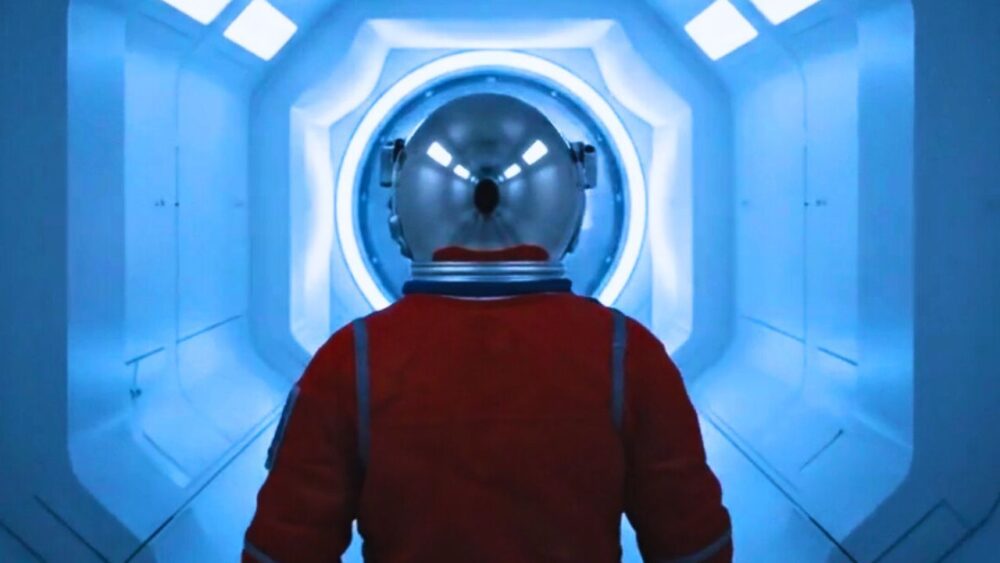Google has unveiled its most advanced AI video generator to date, and it’s already stirring up conversations across the tech world and beyond.
Called Veo 3, the new tool can create video clips so lifelike that viewers often can’t tell whether a digital program or a human made them.
Veo 3 was released earlier this month at the company’s yearly Google I/O conference. It is now available to American subscribers for $249 per month under the “Google AI Studio Ultra” plan.
The technology has quickly drawn viral attention online for its ability to create convincing dialogue, natural body movements and facial expressions, detailed settings, and near-flawless lip-syncing. This raises some new questions about what will be considered authentic video content in the upcoming digital age. Or, in a generation of “fake news” and mainstream media redundancies, how could these videos be used for deception?
Unlike earlier video generation models, Veo 3’s system can also follow complex written prompts.
Prompts is an interesting word, one that Google continues to inject into its videos advertising Veo 3, often having the characters in them saying something along the lines of, “Wow, can you believe we’re just prompts.”
In one viral example posted on X, filmmaker and molecular biologist Hashem Al-Ghaili showcased AI-generated characters protesting their own existence, blurring the lines between fiction and fantasy.
I did more tests with Google's #Veo3. Imagine if AI characters became aware they were living in a simulation! pic.twitter.com/nhbrNQMtqv
— Hashem Al-Ghaili (@HashemGhaili) May 21, 2025
Yet, a lot of the public response has been initially positive, or at least in awe.
“It feels like it’s almost building upon itself,” said filmmaker Dave Clark in a promotional video for Flow, Google’s new AI-powered creative suite that includes Veo 3.
Many of the videos created with Veo 3 feature subjects and environments that appear entirely organic – from ocean voyages to late-night comedy club stages, fake jokes, and all.
For artists and content creators, Veo 3 could be the key to unlocking creative tools and streamlining video production.
But not everyone is enthusiastic. Some online creators are voicing concerns about what this means for originality and the future of those who hold jobs in the media industry.
As AI-generated media floods platforms like YouTube and TikTok, some industry pros could be worrying about how to maintain the integrity of their work or even the need for someone to hire them.
A separate concern also lies in how the technology was trained.
While Google has not disclosed the full dataset used to develop Veo 3, some critics speculate that the tool may be drawing from publicly available videos without clear attribution or consent. In one example found by BusinessInsider, a generated video featured a nearly identical duplicate of a fake plant frequently seen in popular tech YouTuber Marques Brownlee’s videos, raising concerns about sourcing and originality from Veo 3.


